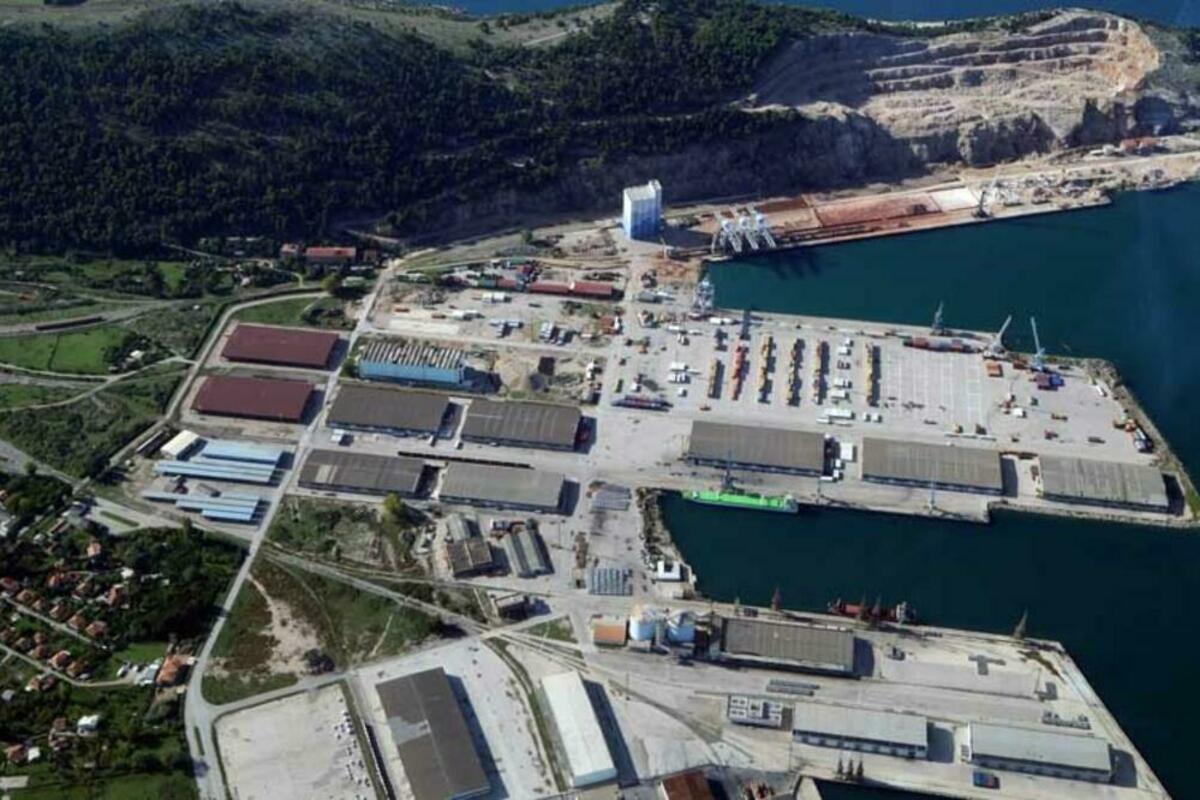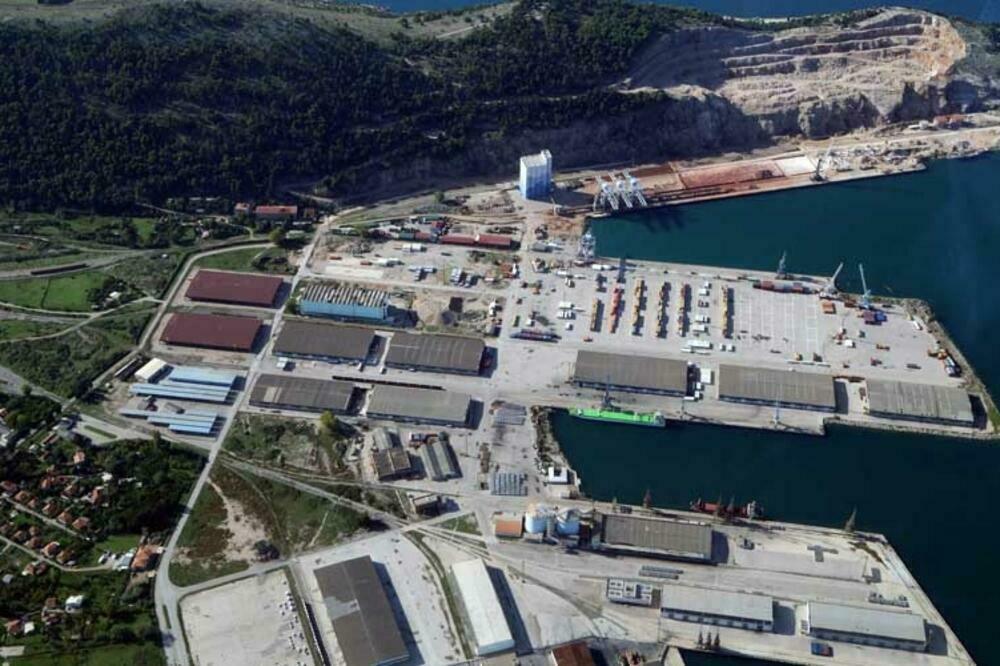The draft law on free zones in Montenegro prohibits the production, storage, processing, trade, and transit of tobacco products within free zones, aiming to combat illegal trade. The law introduces strict control measures including physical and technical security, video surveillance, and enhanced customs oversight. It also stipulates that founders, operators, and users of free zones must be registered business entities in Montenegro, excluding foreign legal and natural persons. Penalties have been increased with higher fines and clearer division of responsibilities. The draft law is the result of a multi-sectoral working group and is supported by international partners, including the British Embassy.
Political Perspectives:
Left: Left-leaning reports emphasize the social and public health benefits of the law, highlighting the fight against illegal tobacco trade as a measure to protect public health and reduce corruption. They focus on the importance of transparency, accountability, and the role of the state in regulating free zones to prevent illicit activities.
Center: Center-leaning coverage presents the law as a necessary regulatory update aligning Montenegro with European standards. It stresses the economic and legal aspects, such as improving customs control, enhancing security, and ensuring that only domestic companies operate in free zones. The focus is on the law’s role in strengthening the economy and legal framework.
Right: Right-leaning narratives may focus on the sovereignty and security aspects, emphasizing the need to protect national interests and prevent foreign entities from exploiting free zones. They might highlight the importance of strict enforcement and penalties to deter illegal trade and maintain order, possibly stressing the role of law enforcement and national security agencies.













